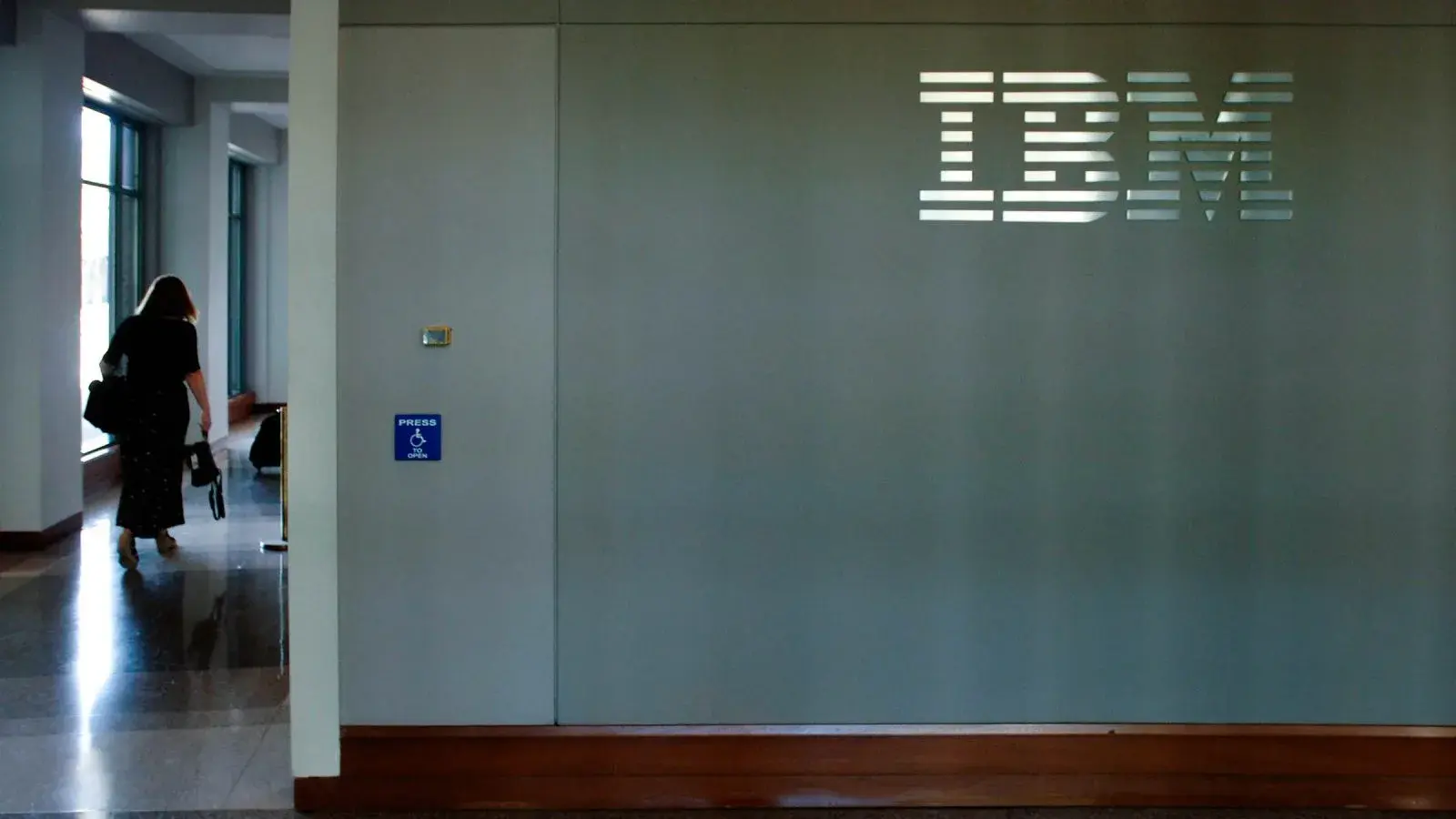

I’m not familiar with Nextcloud, but from reading the How to use this? section of the README I believe you can run it behind a reverse proxy:
--publish 80:80This means that port 80 of the container should get published on the host using port 80. It is used for getting valid certificates for the AIO interface if you want to use port 8443. It is not needed if you run AIO behind a web server or reverse proxy and can get removed in that case as you can simply use port 8080 for the AIO interface then.
(Emphasis mine, in “Explanation of the command”)
My understanding is you only have to forward traffic from the reverse proxy to the port 8080. It uses a self-signed certificate though, so you might check if the reverse proxy you are using checks certificates signatures for upstream servers.













I believe they would need to follow @ap.brid.gy first, which they don’t.